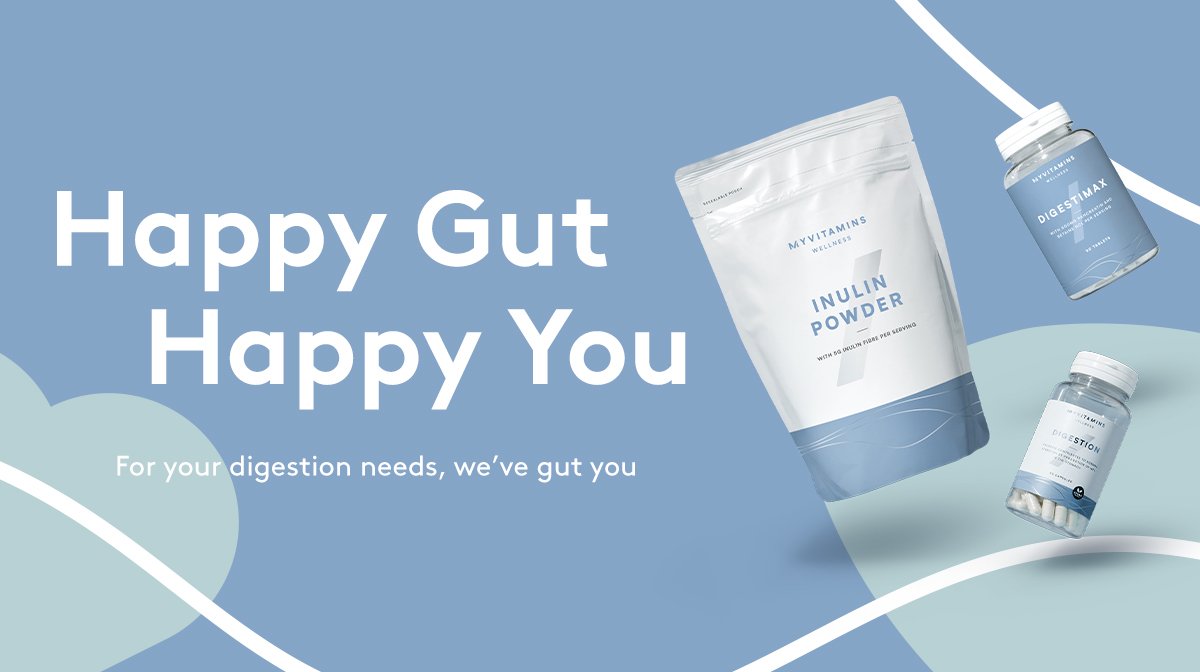There are a variety of reasons why bloating occurs, and it affects some of us more than others. Whilst hormone health can sometimes be the cause for bloating, the biggest source of this issue is usually our dietary and lifestyle choices. Here are 6 tips to help improve digestion and beat the bloat.
1. Increase Your Fibre Intake
The recommended daily intake of fibre is 30g per day; less than this and our gut can start to slow down the digestive process, leaving us feeling bloated and sluggish. Fibre plays a role in speeding up the digestive process by providing bulk and maintaining bowel health. Gentle increases of fibre allows your body time to adjust; try adding a sprinkle of seeds to morning porridge or a salad. Chia seeds also have some great heart and hormone health benefits.
If you’re looking for high-fibre snack, Myvitamins Bio Bites are a delicious Cocoa & Orange flavoured option, which contain added live cultures to support gut health.


